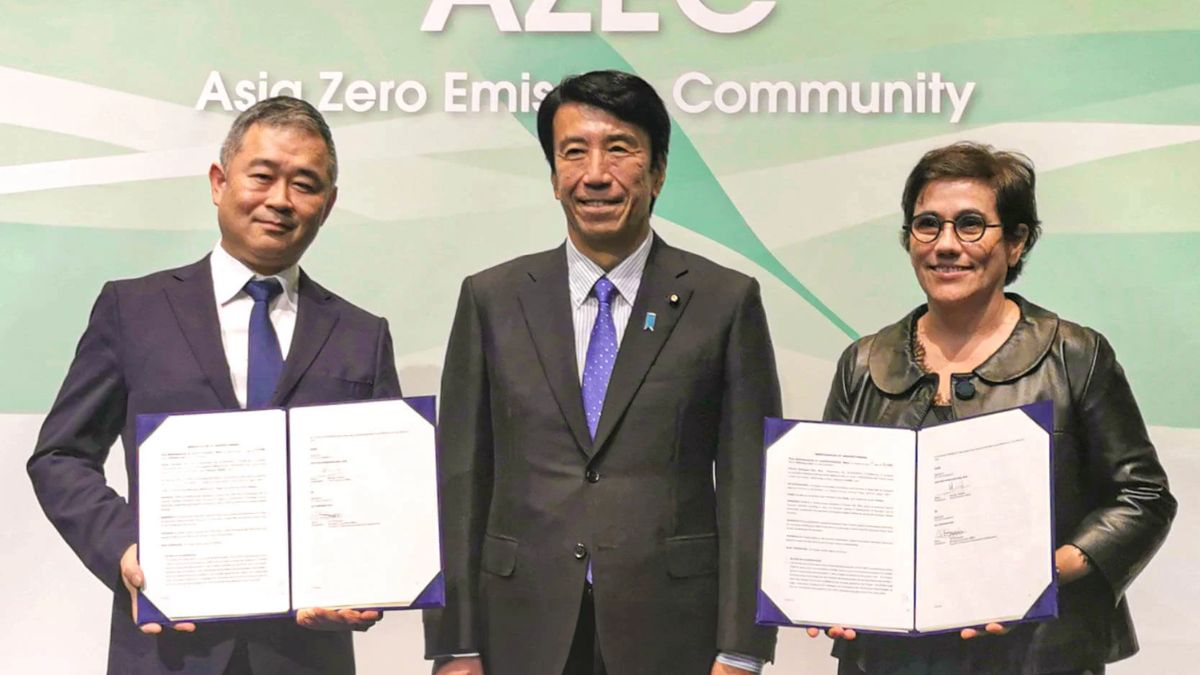Countries in the Asia Zero Emission Community (AZEC) have pledged to intensify efforts to reduce carbon emissions across three critical sectors: energy, industry, and transport. During a recent high-level meeting, leaders from the 11 member nations, including Japan, Indonesia, Malaysia, and Vietnam, reaffirmed their commitment to achieving carbon neutrality while balancing economic growth and energy security.
Spearheaded by Japan, AZEC aims to lead Southeast Asia’s transition from fossil fuels to cleaner energy alternatives. Since its inception, the group has initiated over 350 cooperative projects, ranging from advanced green hydrogen production in Malaysia to sustainable aviation fuel (SAF) development in Indonesia. These efforts highlight AZEC’s role in addressing the region’s environmental challenges through innovation and collaboration.
AZEC’s strategy focuses on decarbonizing three major carbon-emitting sectors—energy, industry, and transport. By prioritizing these areas, the community seeks to make a significant impact on Southeast Asia’s overall emissions. Central to this mission is the adoption of renewable energy, improved energy efficiency, and the development of clean alternatives like hydrogen and ammonia.
A notable example is the green hydrogen project in Malaysia, where a collaboration between Asahi Kasei Corporation, JGC Holdings, and Gentari (a subsidiary of Malaysia’s PETRONAS) aims to produce up to 8,000 tons of green hydrogen annually. This project is set to serve both domestic and international markets, with Japan and other Southeast Asian nations poised to benefit from the cleaner fuel.
Recognizing the diversity of its member nations, AZEC emphasizes the importance of country-specific approaches to decarbonization. Each nation’s energy needs and industrial capacities vary, and AZEC’s strategy reflects this. For instance, Vietnam has been working closely with Japan on a renewable energy roadmap, with a strong emphasis on solar, wind, and energy efficiency.
Public-private partnerships are key to AZEC’s success. These collaborations, particularly those driven by Japan, are helping to foster innovation and create new markets for renewable energy technologies. By involving governments and private companies, AZEC ensures that the transition to a low-carbon economy is practical and scalable across the region.
While the focus remains on reducing emissions, AZEC member nations are also keen to protect their economic interests. Southeast Asia is one of the world’s fastest-growing regions, and ensuring that this growth is sustainable is a top priority. Leaders within AZEC believe that economic development and environmental responsibility can go hand in hand.

